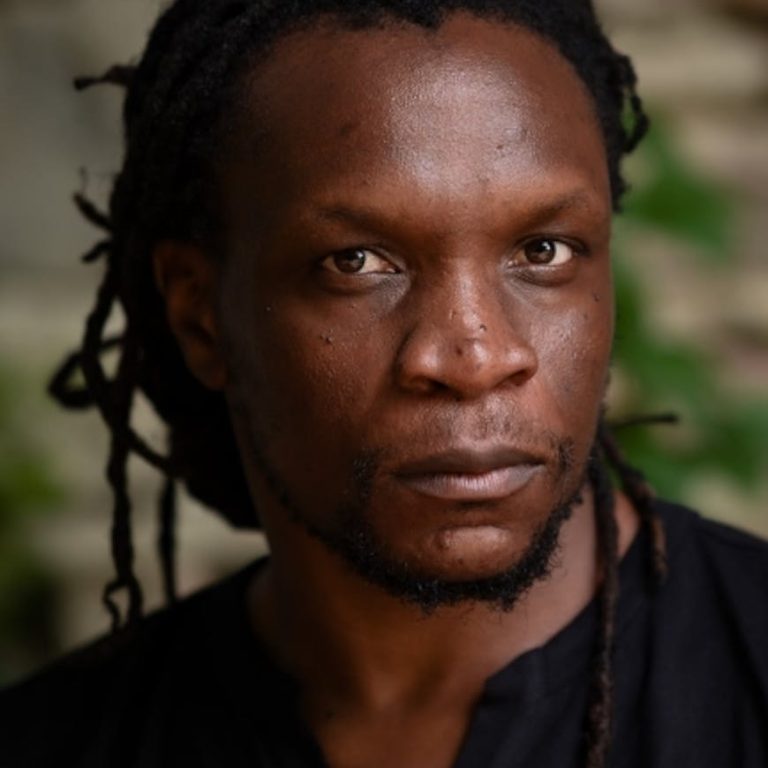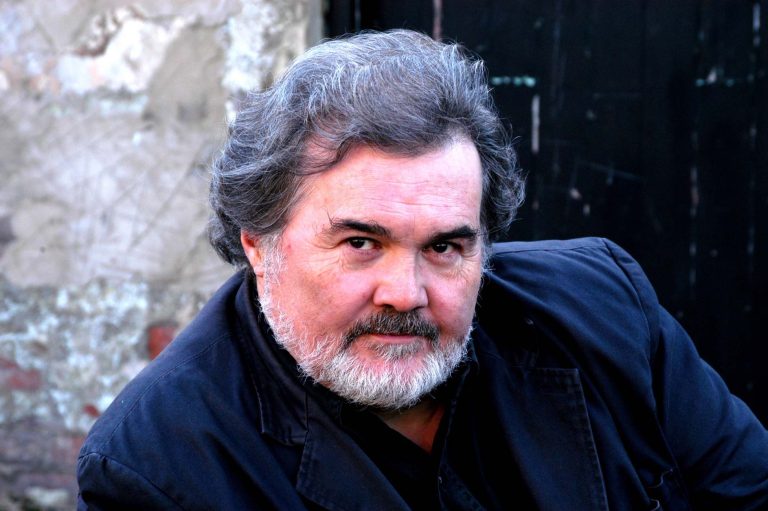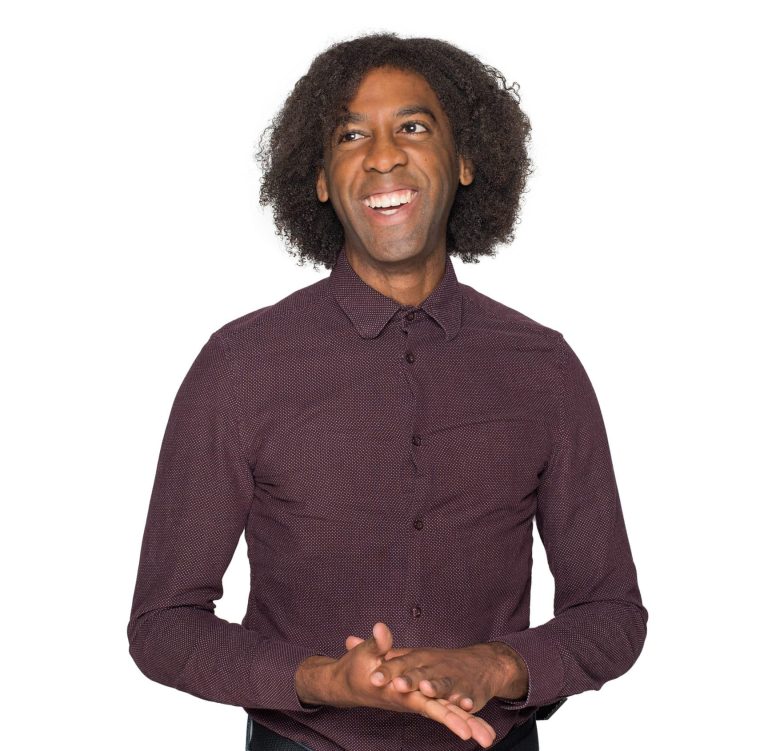Because owls are chiefly nocturnal, many people have not actually seen the beautiful and enigmatic birds of prey. Many more have likely heard – or think they have heard – owls at night. The owl’s eerie hooting sound, thought to signal that it has located prey, has contributed to the owl being considered a harbinger…
Because owls are chiefly nocturnal, many people have not actually seen the beautiful and enigmatic birds of prey. Many more have likely heard – or think they have heard – owls at night. The owl’s eerie hooting sound, thought to signal that it has located prey, has contributed to the owl being considered a harbinger of death or misfortune. How does Frederick Seidel make use of and subvert this potent symbol in “The Owl You Heard”?
To start, Seidel doesn’t use the owl as a symbol of anything, but just as an owl. From there, the reader doesn’t quite know what to expect. Seidel’s deceptive brevity and simplicity didn’t get past the 2007 Griffin Poetry Prize judges when they remarked, “[Seidel’s work’s] beauty is often difficult and its pleasures complicated and unnerving.” The opening uncertainty, and whether or not the tone here is going to turn playful or despondent or malevolent, certainly does unsettle.
The poem’s narrator is addressing someone who might or might not have heard an owl at night, might or might not be deeply asleep, and might or might not be gone temporarily (“four thousand miles away”, possibly “in Paris”) or permanently, as suggested by the abrupt finality of
“You didn’t hear a thing.”
By the end, has the narrator transformed into the owl? Does
“You heard me calling”
refer to the narrator and is he “no longer human” because he has become some kind of predator in the night?



